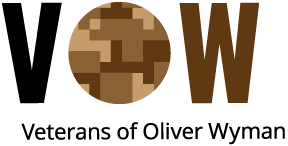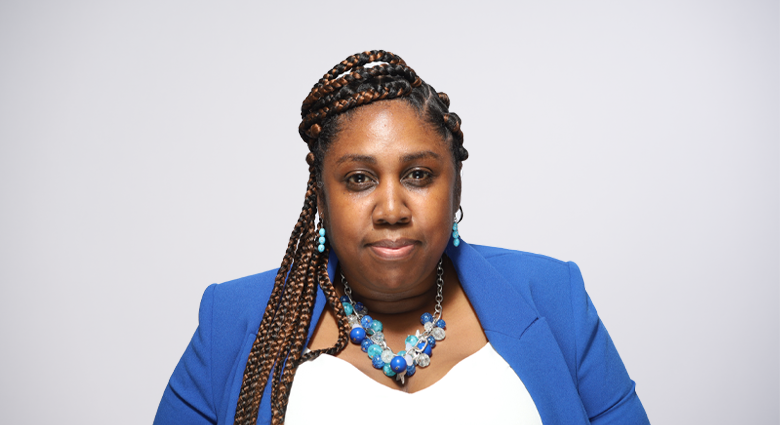At Oliver Wyman, our ambition is to create a sense of belonging for each of our people through our words and actions. We want all our people to be their best selves at work, exercising their right to be included and their duty to include others.
We aspire to be positive role models at the individual, corporate and societal level. In all that we do, we prioritize equity, value inclusion, and expect respect. This is not simple to do — it takes all of us to work together on a journey of continuous improvement and evolution.
We each commit to generously support and encourage one another to do better while providing challenge and accountability. Our work and our values are global, and regardless of where we are we will adhere to these principles and invite our clients and strategic partners to join us in pursuit of this vision.
 Inclusion is a team effort at Oliver Wyman. No single person is responsible for this work — it takes all of us. That’s why I’m proud of our progress, and excited to see how each new colleague builds and grows our inclusive culture. We embrace difference and empower our people to challenge the status quo. No two days are the same here, and that’s the beauty of how diversity shows up in every facet of life at Oliver Wyman
Inclusion is a team effort at Oliver Wyman. No single person is responsible for this work — it takes all of us. That’s why I’m proud of our progress, and excited to see how each new colleague builds and grows our inclusive culture. We embrace difference and empower our people to challenge the status quo. No two days are the same here, and that’s the beauty of how diversity shows up in every facet of life at Oliver Wyman
-
 Read More
Read MoreHub International Women's Day Celebrating inspiring women and their global successes, we aim to #inspireInclusion and unleash potential. -
Read More
Oliver Wyman Oliver Wyman Australia’s Reconciliation Action Plan Introducing our Reconciliation Action Plan, a commitment to inclusion, diversity, and Aboriginal and Torres Strait Islander peoples. -
Read More
Oliver Wyman Increase Socio-Economic Diversity And Reduce Risk Maximizing the benefits of diverse perspectives is essential for financial services firms to thrive. -
 Read More
Read MoreInsights Alone, Together With the British Business Bank, we explore how to improve diversity in UK entrepreneurship.














